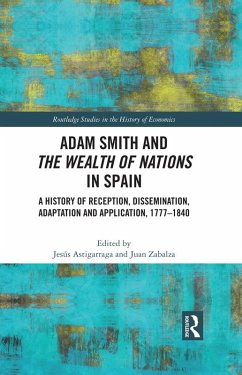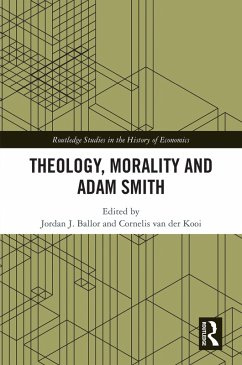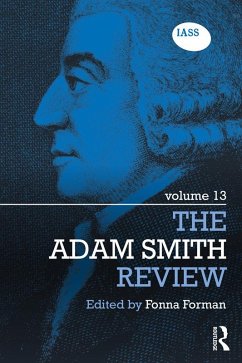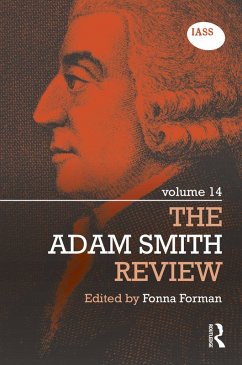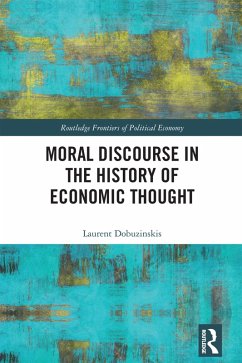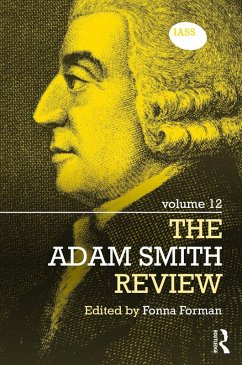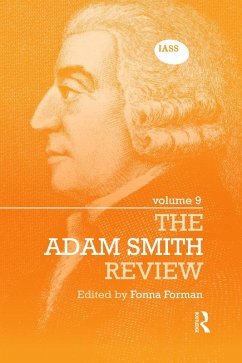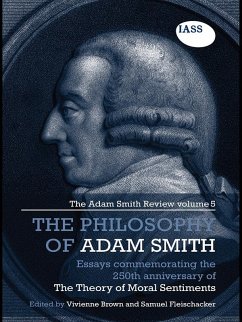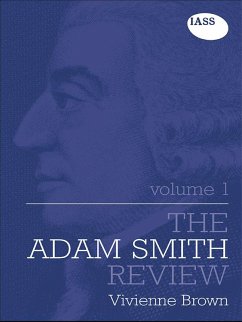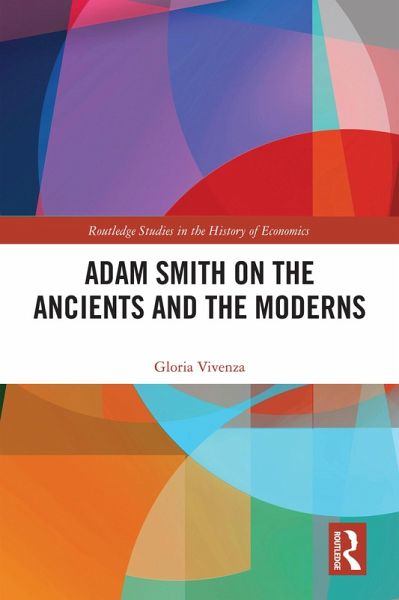
Adam Smith on the Ancients and the Moderns (eBook, PDF)
Versandkostenfrei!
Sofort per Download lieferbar
42,95 €
inkl. MwSt.
Weitere Ausgaben:

PAYBACK Punkte
21 °P sammeln!
The classics heavily influenced many aspects of European modern culture, yet it is not easy to trace their intellectual power on any author. In this volume, Gloria Vivenza takes on the impressive task of examining how philosophy, history, literature, politics, and ethics all played a part in shaping Adam Smith's thought as a scholar, philosopher, and economist.
This book will be of interest to advanced students and researchers in the history of economic thought, the history of philosophy, moral philosophy, political theory, and the Enlightenment.
This book will be of interest to advanced students and researchers in the history of economic thought, the history of philosophy, moral philosophy, political theory, and the Enlightenment.
Dieser Download kann aus rechtlichen Gründen nur mit Rechnungsadresse in A, B, BG, CY, CZ, D, DK, EW, E, FIN, F, GR, HR, H, IRL, I, LT, L, LR, M, NL, PL, P, R, S, SLO, SK ausgeliefert werden.





